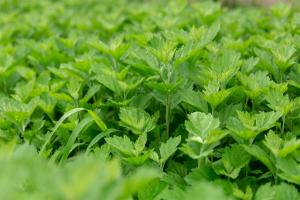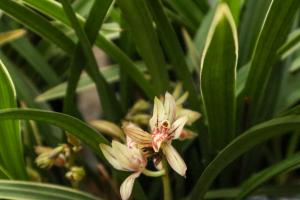Will Swimming Pool Water Hurt Plants?
Swimming pool water can be a source of concern for gardeners and plant enthusiasts. While pool water is chlorinated to prevent the growth of bacteria and algae, it may contain other chemicals and minerals that could potentially harm plants. So, the question remains: will swimming pool water hurt plants?
What Chemicals are Found in Swimming Pool Water?
Aside from chlorine, swimming pool water may contain various chemicals that are used to balance the pH levels in the water or to control other factors such as hardness, alkalinity, and acidity. Some of these chemicals include cyanuric acid, calcium hypochlorite, and sodium bisulfate. These chemicals, when used in excess, can adversely impact plant growth and health.
How Does Chlorine Affect Plants?
Chlorine is one of the primary chemicals used to sanitize swimming pool water. While it's generally safe for human use in small quantities, high levels of chlorine can be toxic to plants. Chlorine exposure can cause brown spots on leaves, yellowing or browning of foliage, and stunted growth. If the exposure is severe, the plant may die.
What are the Risks of Using Pool Water on Plants?
Using pool water on plants can have both short-term and long-term risks. In the short term, the plants may show signs of damage, such as the ones mentioned above. In the long-term, the accumulation of chemicals and minerals in the soil can affect the soil's health, leading to poor plant growth and nutrient deficiencies. Additionally, soil contaminated with chlorine can have negative effects on beneficial soil microorganisms.
Can You Use Pool Water on Plants?
Using pool water on plants may not be the best idea, especially if the water has been treated with chemicals recently. However, if the chlorine levels in the water are low and the water has been allowed to sit for a few days or has been diluted with other water sources, it may be safe to use on outdoor plants. It's also important to avoid getting the water on the leaves of the plants, as this can cause direct damage.
What Alternatives are There?
If you're concerned about the effects of pool water on plants, there are several alternatives you can try. Rainwater and tap water are generally safe to use on plants, as long as the tap water hasn't been treated with chemicals. You can also invest in a dechlorinator or filtration system that can remove harmful chemicals and minerals from pool water before it's used for irrigation.
Conclusion
While pool water can be a convenient water source for plants, it's important to be aware of the potential risks and take precautions to avoid damaging your plants. As a general rule, it's best to avoid using pool water on plants or to use it sparingly and with caution. If you're uncertain about the effects of pool water on your plants, it's best to consult with a local garden expert or horticulturist for advice.

 how many times do yo...
how many times do yo... how many planted tre...
how many planted tre... how many pine trees ...
how many pine trees ... how many pecan trees...
how many pecan trees... how many plants comp...
how many plants comp... how many plants can ...
how many plants can ... how many plants and ...
how many plants and ... how many pepper plan...
how many pepper plan...
































